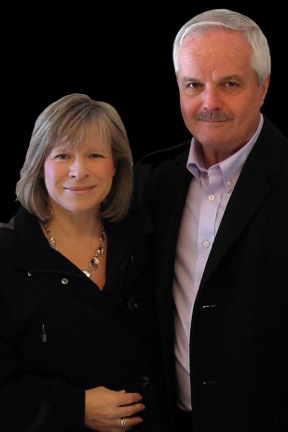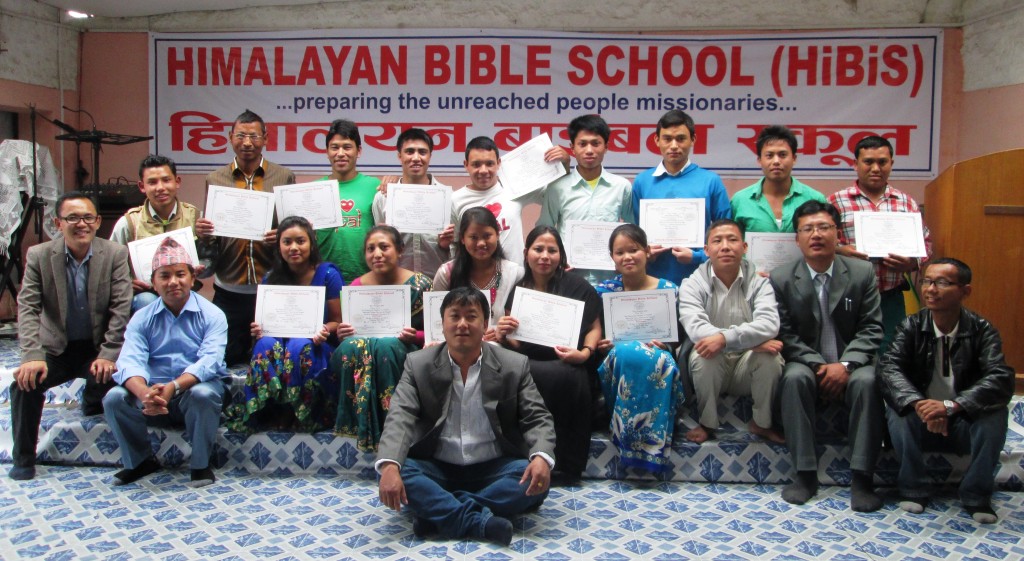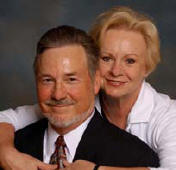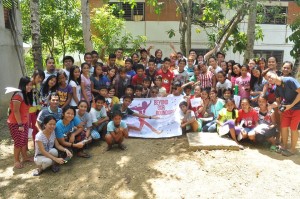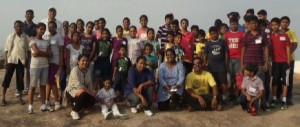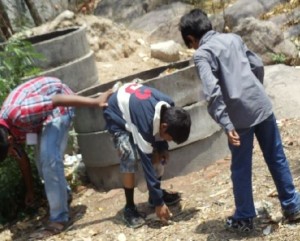Dear Brothers and Sisters in Christ,
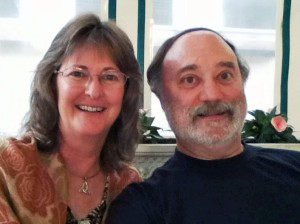 While watching the news as a young lad with my grandfather, he would often respond to reports of disturbing events with the complaint, “The world is going to hell in a handbasket!” When I was a teen and young adult, I would often hear my dad voice the same thing. What’s amusing is that when I encounter distressing news today, I often hear their words in my “mind’s ear.” But I try to remember that there is usually more to the news than what the media is reporting. Sadly, they often report partial information or in other ways distort reality.
While watching the news as a young lad with my grandfather, he would often respond to reports of disturbing events with the complaint, “The world is going to hell in a handbasket!” When I was a teen and young adult, I would often hear my dad voice the same thing. What’s amusing is that when I encounter distressing news today, I often hear their words in my “mind’s ear.” But I try to remember that there is usually more to the news than what the media is reporting. Sadly, they often report partial information or in other ways distort reality.

A prime example of that distortion is the frequency with which the media give “front stage” to those referred to as “angry atheists.” We hear from them so often that you would think their viewpoints are held by the majority and their contentions are based on proven fact. The reality is there are relatively few of them and if pressed, some would admit that they are not sure of their positions. Their arguments are not airtight.
I think what often happens is that these atheists, angry about certain world events, wrongly conclude that what they perceive as a lack of intervention from God proves he does not exist. Some also reason that the presence of evil in the world proves that God, who is supposed to be a deity of love, cannot possibly exist. Others reason that if there is a God, he must be a judgmental despot and they refuse to believe in that sort of deity.
Though atheists and agnostics (those who believe we can’t know whether or not God exists) formerly dominated the field of philosophy, the situation has changed over the last 20 years. Our friend and theologian Alan Torrance commented that when he studied philosophy, “You could count the number of Christian philosophers on one mutilated hand.” But now, as noted by Quentin Smith, former chief editor of the journal Philo, philosophy has become de-secularized. Today, 25 to 33% of philosophers are theists, and the majority of those are evangelical Christians. There are now about 4,500 members in the Society of Christian Philosophers.
When watching the news, many of us, understandably, get those “The world is going to hell in a handbasket” feelings. But we must be mindful that such feelings may be the result of incomplete or otherwise faulty information, including bad reporting. We must be careful to align our feelings with the often hidden reality of the presence of God’s kingdom. Jesus told his disciples that the kingdom of God is present and those who trust him enter in, even now. In his kingdom parables in Mark 4:26-29 and Matthew 13:33, Jesus said that the kingdom starts small, but grows large. It’s here now, though its fullness is yet to come.

Our faith in the present and future reality of the kingdom is not about feelings based on what we see in the world and certainly not on what is reported in the media. Our faith is in Jesus and his kingdom rule. The stunning, though often hidden reality, is that Jesus saved, redeemed and reconciled the world through his death, resurrection, ascension and outpouring of the Spirit nearly 2000 years ago—events that inaugurated the kingdom. And now the presence of the kingdom in the person of Jesus is experienced as we trust and obey him.
Understanding the reality of Jesus and his kingdom comes only through the revelation that Jesus is and gives. He is the truth; his rule is the kingdom. And he, and thus his kingdom, is with us all the time. He never forsakes or leaves us. Present with us through the Holy Spirit, Jesus leads us, guides us and walks beside us—even when we are not aware of it. So the next time it feels like the world truly is going to hell in a handbasket, or like you are in that basket yourself (because you’ve messed up or because you face insurmountable obstacles), remember this:
Noah was a drunk, Abraham was too old, Isaac was a daydreamer, Jacob was a liar, Leah was ugly, Joseph was abused, Moses had a stuttering problem, Gideon was afraid, Sampson had long hair and was a womanizer, Rahab was a prostitute, Jeremiah and Timothy were too young, David had an affair and was a murderer, Elijah was suicidal, Isaiah preached naked, Jonah ran from God, Naomi was a widow, Job went bankrupt, John the Baptist ate bugs, Peter denied Christ, the disciples fell asleep while praying, Martha worried about everything, the Samaritan woman was divorced (more than once), Zaccheus was too small, Paul was too religious, Timothy had an ulcer… and Lazarus was dead! (p. 15, Naked Before God: Out of Darkness Unto Light, A.B. See, Jr., Tate Publishing, 2011).
Despite such circumstances, God can use you to your full potential. Note what the apostle Paul wrote:
For it is the God who said, “Let light shine out of darkness,” who has shone in our hearts to give the light of the knowledge of the glory of God in the face of Jesus Christ. But we have this treasure in clay jars, so that it may be made clear that this extraordinary power belongs to God and does not come from us (2 Corinthians 4:6-7, NRSV).
Whenever I get those “to hell in a handbasket” feelings, I remind myself that Jesus did not come to condemn the world, but to save it (John 3:17). If there is a handbasket, it’s the one we are in with our Lord and Savior Jesus Christ.
Enjoying kingdom life with Jesus,
Joseph Tkach
P.S. One of the blessings God showers on us is the joy of music. You might enjoy the music video at http://www.youtube.com/watch_popup?v=FcLF5wopyjo with Andre Rieu directing a large ensemble of musicians and singers (including singing nuns) in a creative (sometimes humorous) performance of a song made popular many years ago by Petula Clark.


